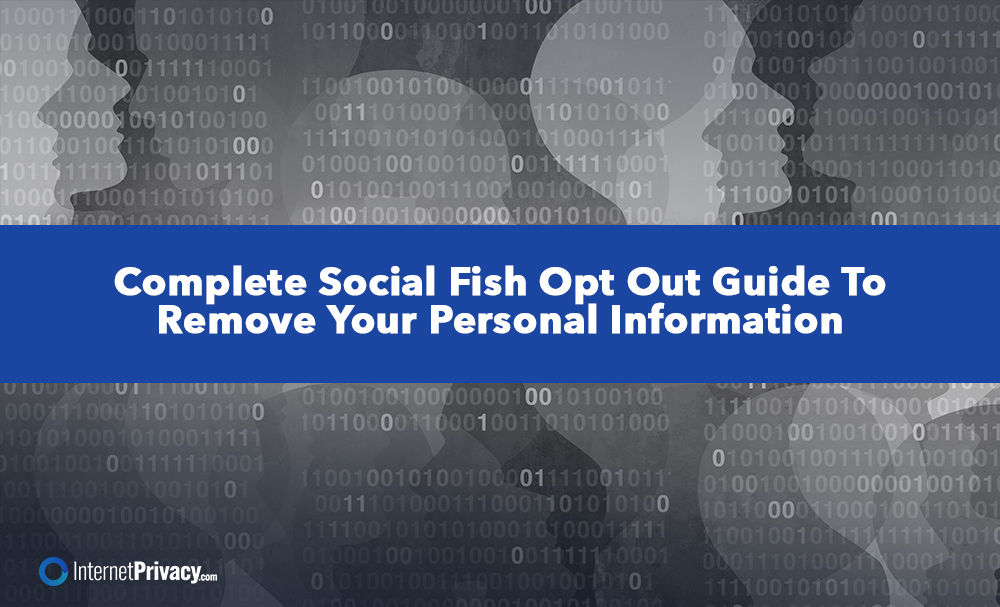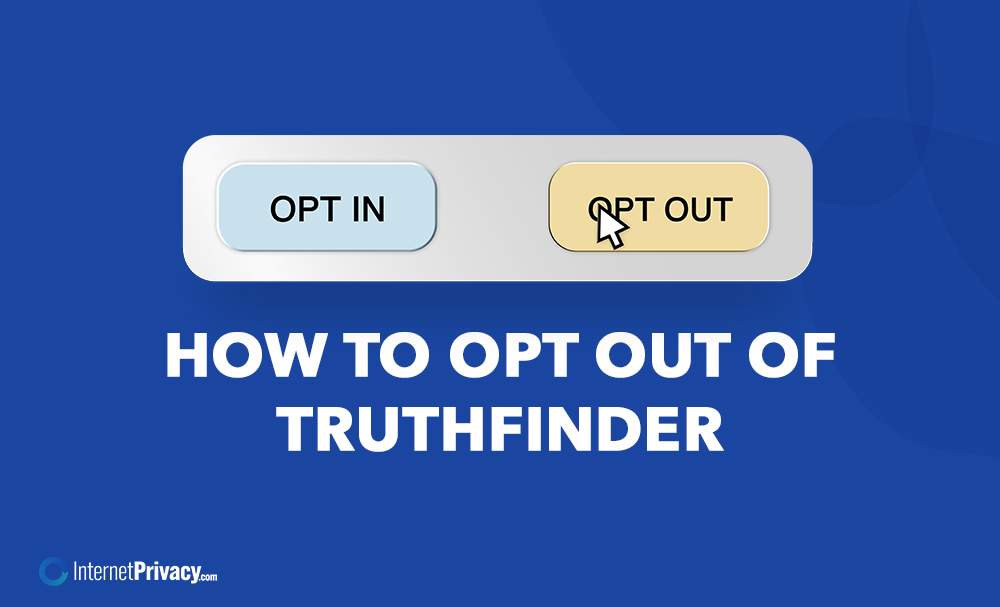Cyber Security Risks Of Social Media
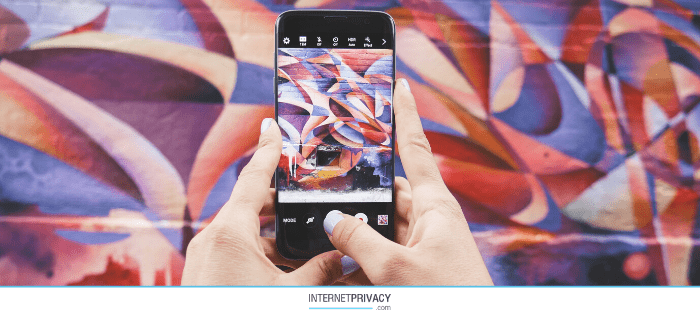
What Are The Security Risks Of Social Media
Enforcing social media cyber security across your online accounts should be at the top of your mind.
Social networking sites have become an undeniable source of information. They help us connect, promote our businesses and gain the attention of new potential customers. But they can also leave us exposed to an invasion of privacy, cyber theft, or data breach.
That’s why, it’s quite important to be careful about your social media footprints.
What do we mean by that?
The more wealthy or attractive you appear on social networks, the more you’re prone to backlash from “haters”, stalkers, and other hackers. If you have a charge card, you risk being not only the target of internet criminals, but also of unscrupulous entrepreneurs across the globe.
Many folks take the importance of protecting their information gently until they fall prey to internet criminals.
You’d be surprised how often it happens, and it can happen to anyone.
With social engineering, individuals who disguise their real intentions can fool anyone into giving them access to sensitive data.
This data is then used to bypass your cyber security features on almost every social media platform. Even the most secured ones.
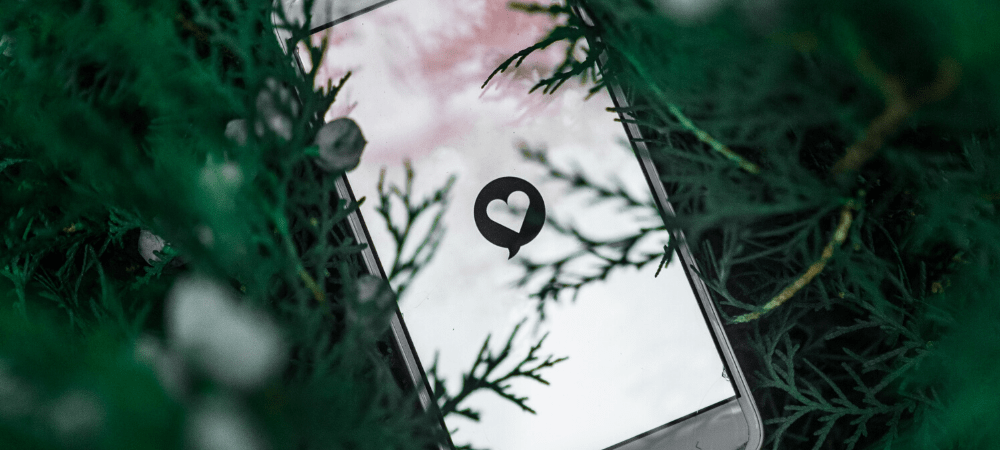
Worried much?
There’s still a lot you can do to keep your personal information safe on social networking.
Let’s look at some of the most efficient methods.
Ways To Protect Your Cyber Security on Social Media
First and foremost, when picking passwords and security codes for your social media profiles, ensure they can’t be easily guessed. And if you’re using a shared or public computer, make certain to cancel auto-login. And even “remember me” functions.
Also, make a habit of logging out of all social networking websites, after each session online. Most platforms, especially Facebook will allow you to set specific IPs and devices to your account. That way, if a stranger tries to log into your Facebook account, you will get notified. At this point, you can still terminate their session and proceed to updating your password.
Aside from choosing strong passwords, there’s one more thing you can do to protect your internet privacy. And that’s using the majority of the built-in security features that social media platforms offer.
During enrolment, you’re usually asked for some personal details and how you prefer those details to be used. (i.e. username, bio, age, etc). You’ll have to determine exactly what you want to set up for general access and what you want to keep private.
A public profile allows your social media footprints to be seen by anybody. Like those hunting for profiles with an internet search engine such as Google. But if you place your profile on private, no one other than your selected friends and family will be able to view your content.
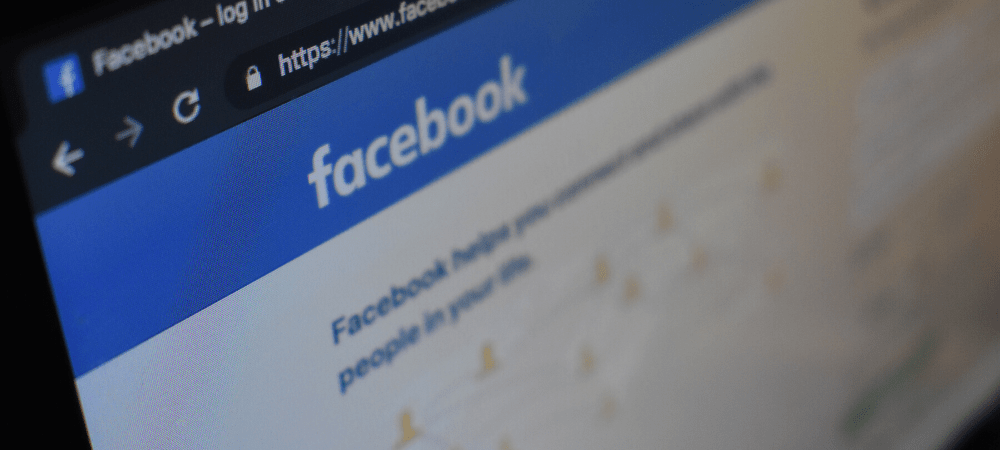
Do you feel like cyber security risks might threaten your social media accounts?
Don’t suffer in silence. Report this immediately to senior supervisors who can provide you with the aid you need. Also, many social networking websites also have reporting mechanisms besides to their contact information. You can use these for finding answers to your problems.
Also, one more important thing to consider, is who you accept as your friend. When befriending individuals on social networks, ensure they are people you can trust.
Rejecting buddies can be emotionally challenging. But if you appreciate the privacy of your accounts, you won’t accept random friend requests from strangers whose intention you have no idea about.
Remember that you’ve got the right to safeguard your personal data on social media networks. All you have to do is honor your privacy and make sure that the people that you are linked with do the same thing.
Top Influences Of Social Media Privacy In 2020
In today’s online space, it’s up to each social media user to shield their own cyber security. But if you’re a more private and solitary person, how your friends use social media can also affect you.
Let’s imagine one of your buddies is discussing information which regards you too, with an unknown user. The social networking system is obviously engaged in gathering as much information as possible from its users. Information which is later sold to advertisers. As a result, your buddy’s shared information about you will be accumulated and categorized.
Social networking systems will always do exactly what benefits them most. Many times, prior to what their consumers wish. They need to do so since they must create money. And a company that’s only targeted on making money, will never have its customers’ interests in mind.
That’s why you need to defend your social media cyber security not only from the platform, but also from your “well-meaning” buddies.
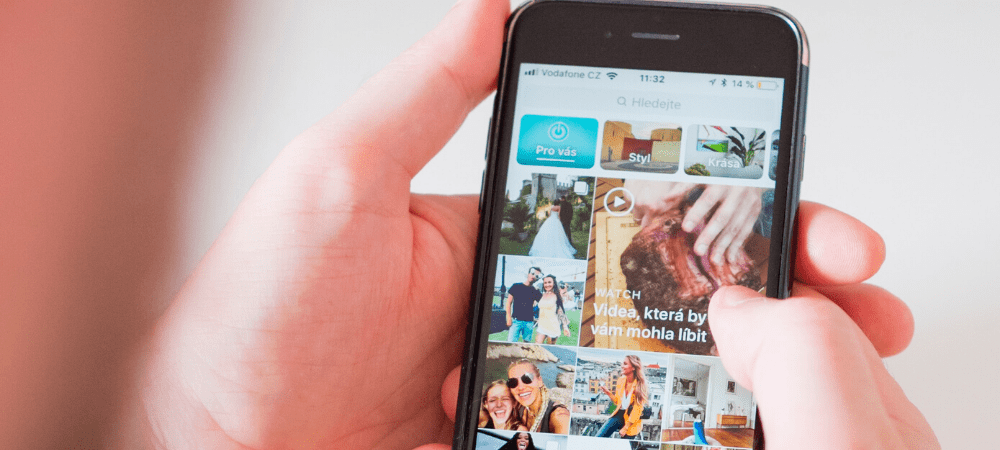
Because of this, it’s up to the consumer to shield their interests online. They need to defend their privacy contrary to the social networking system and well-meaning buddies using social networking systems. This is only because the buddies of this consumer can directly affect how much privacy an individual has on social networking systems.
A well-meaning buddy is constantly trying to discuss their shared expertise with a different user. But this activity can be terribly dangerous.
The social networking system is obviously engaged in gathering information about an individual that they can use to market to businesses looking to sell that info to advertisers. As a result, the advice a buddy releases about an individual is going to be accumulated and categorized.
Your Business’s Security Risks On Social Media
Social networking systems utilize our personal info to categorize us. This information is useful when deciding what products to promote us.
Even if the advertisements are geared towards “the interests” of its users, it’s not always the case. Especially since social media platforms don’t usually ask our permission to use any of the private information they collect.
Thus, someone who’s cautious about what information they post online, might end up getting dragged into marketing, by their own pals.
Did you know that you don’t even need to say anything if someone “tags” you in their post?
As scary as it seems, the social networking system knows now what you are interested in, just from what you get ”tagged in”.
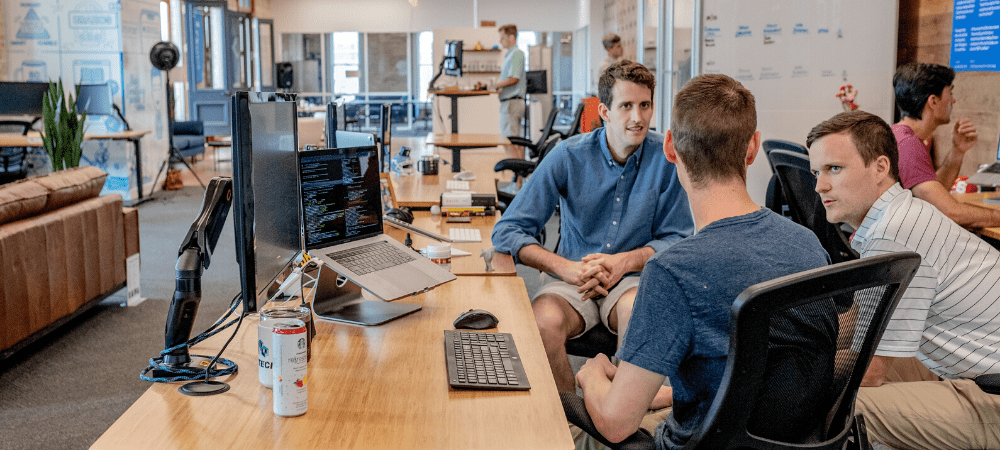
That’s why, if you want to stay away from any advertising campaigns, you should have a standing arrangement with your friends. Ask them not to tag you in any of their updates or posts, and tell them not to add pictures of you without your permission.
Wrapping It Up
The information we presented you in this article has shown that social media platforms come with major cyber security risks. Despite them having many positive aspects too.
And since most of us use social media today, if you want to protect your identity you must know what to be on the lookout for.
If you found our information useful, but you’re curious to find out more, contact us for a free analysis of your online presence.
We can tell you everything you want to know about the online risks we are all exposed to, and what you can do to keep safe. We can also help you manage your online reputation through the type of personal information you have online – from your name even to arrest records.

